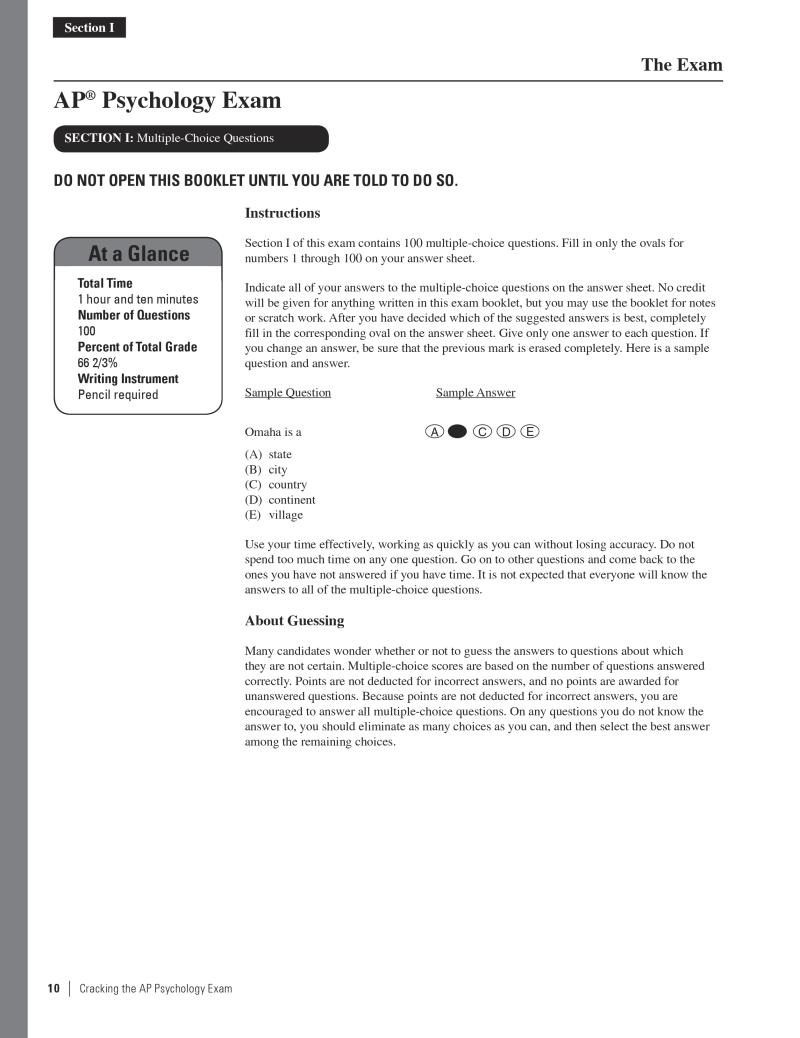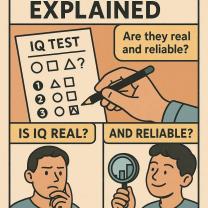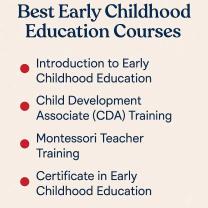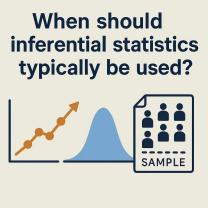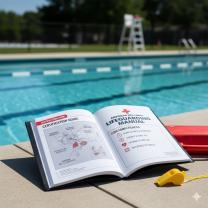How hard is the AP Psychology exam?
The difficulty of the Advanced Placement (AP) Psychology exam can vary for individual students based on their preparation, coursework, and understanding of the subject matter. However, it's possible to provide some general insights into the nature of the AP Psychology exam.
The AP Psychology exam is designed to assess students' knowledge and skills in the field of psychology, covering a wide range of topics. The exam consists of two main sections:
Multiple-Choice Section:
- This section consists of multiple-choice questions that assess a student's understanding of key concepts, theories, and research methods in psychology. It covers various content areas, including biological bases of behavior, sensation and perception, learning and cognition, developmental psychology, and more.
Free-Response Section:
- The free-response section includes two types of questions: one focused on research methods and the other on real-world applications of psychological principles. Students are required to demonstrate their ability to analyze psychological concepts and apply their knowledge.
Factors Influencing Perceived Difficulty:
Prior Knowledge and Coursework:
- Students who have taken a high-quality AP Psychology course and have a strong foundation in the subject matter may find the exam more manageable. The depth of their coursework and exposure to a variety of psychological topics can contribute to their preparedness.
Study Habits and Preparation:
- Adequate preparation is essential for success on the AP Psychology exam. Students who engage in thorough review, practice with past exams, and understand the exam format may feel more confident during the actual test.
Interest and Engagement:
- Students who have a genuine interest in psychology and engage with the material with curiosity are likely to find the exam more engaging and may be better equipped to handle challenging questions.
Test-Taking Skills:
- Familiarity with the format of the exam, time management skills, and effective test-taking strategies can positively impact a student's performance.
College Board's Perspective:
According to the College Board, the organization that designs and administers AP exams, the AP Psychology exam is intended to reflect an introductory college-level psychology course. The exam is designed to assess students on their ability to think critically, analyze psychological concepts, and apply their knowledge to real-world scenarios.
While some students may find specific questions challenging, the goal of the exam is to provide a fair and comprehensive evaluation of a student's understanding of psychology. The difficulty level is intended to align with the rigor of introductory college courses.
In summary, the perceived difficulty of the AP Psychology exam can vary among students, but thorough preparation, a solid foundation in psychology, and effective study habits can contribute to success on the exam.
Cracking the code: How difficult is the AP Psychology exam?
The AP Psychology exam is a challenging exam, but it is possible to achieve a high score with adequate preparation. The exam covers a wide range of topics, including research methods, biological bases of behavior, cognitive psychology, developmental psychology, personality, social psychology, and clinical psychology.
Test-taker tales: Insights from those who conquered the AP Psychology exam
Here are some insights from students who have successfully achieved high scores on the AP Psychology exam:
- Start early. Don't wait until the last minute to start preparing for the exam. The more time you have to study, the better prepared you will be.
- Create a study schedule. Break down the material into manageable chunks and create a schedule for studying each chunk. Be sure to schedule in breaks and time for review.
- Use a variety of study resources. There are many different study resources available, including textbooks, review guides, online practice exams, and videos. Use a variety of resources to keep your studies engaging and to learn the material from different perspectives.
- Form a study group. Studying with other students can be a great way to stay motivated and to learn from each other.
- Take practice exams. Practice exams are a great way to assess your progress and to identify areas where you need to focus your studies.
Inside the exam room: A breakdown of challenging sections
Here is a breakdown of some of the challenging sections of the AP Psychology exam:
- Research methods. This section covers the different types of research methods used in psychology, as well as the ethical considerations involved in psychological research.
- Biological bases of behavior. This section covers the neuroanatomy and neurophysiology of behavior, as well as the role of hormones and genes in behavior.
- Cognitive psychology. This section covers the different cognitive processes, such as attention, memory, learning, and problem-solving.
- Clinical psychology. This section covers the different types of mental disorders, as well as the causes and treatments of mental disorders.
Tips for success: How to navigate tricky questions on the AP Psychology exam
Here are some tips for navigating tricky questions on the AP Psychology exam:
- Read the question carefully. Make sure you understand what the question is asking. If you are unsure, try to rephrase the question in your own words.
- Identify the key concepts. Once you understand what the question is asking, identify the key concepts that are being tested.
- Eliminate the wrong answers. If you can eliminate any of the wrong answers, this will give you a better chance of choosing the correct answer.
- Use your knowledge of the material. If you are still unsure of the correct answer, try to reason your way to the answer using your knowledge of the material.
The psychology of preparation: Strategies for mastering the AP exam
Here are some strategies for mastering the AP Psychology exam:
- Create a positive mindset. Believe in yourself and your ability to succeed.
- Stay focused and motivated. Remember why you are taking the exam and what you hope to achieve.
- Take care of yourself. Get enough sleep, eat healthy foods, and exercise regularly.
- Manage your stress. Stress can interfere with your ability to learn and perform well on exams. Find healthy ways to manage stress, such as exercise, relaxation techniques, and spending time with loved ones.
By following these tips, you can increase your chances of success on the AP Psychology exam.
